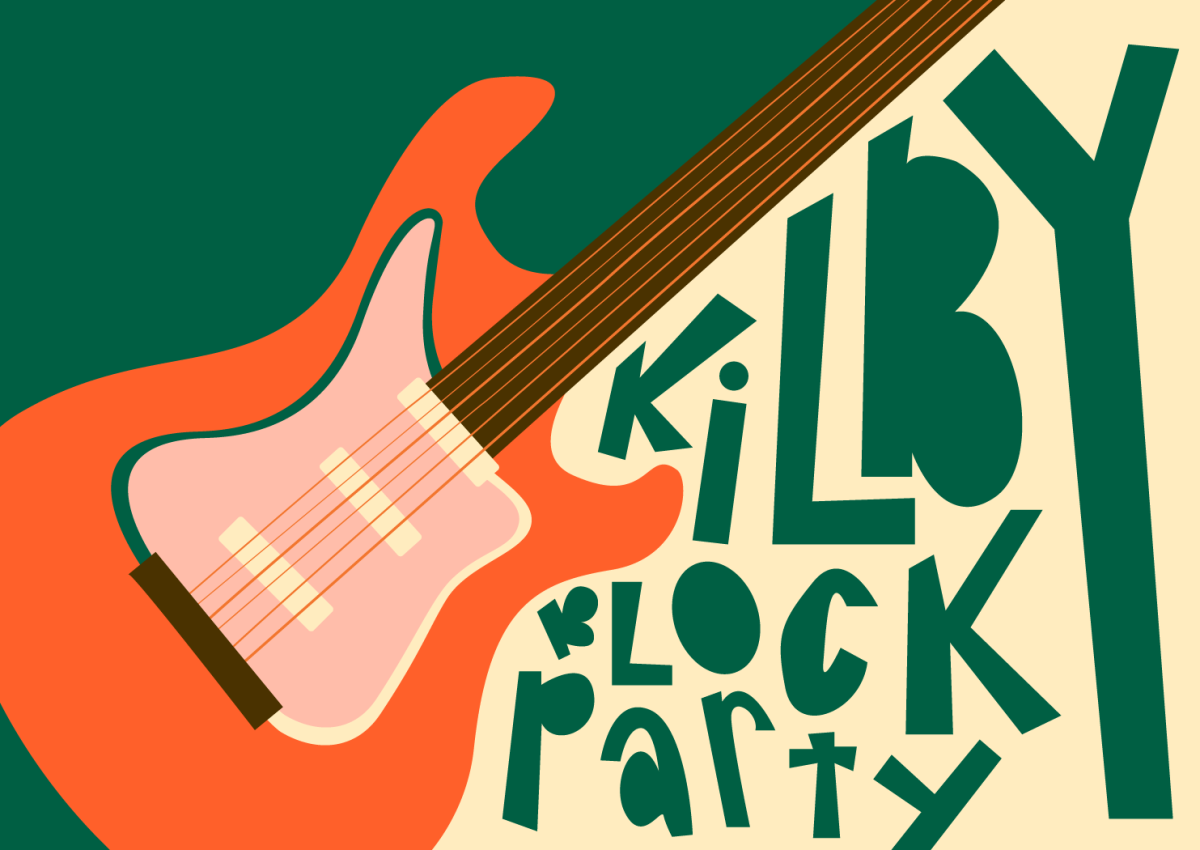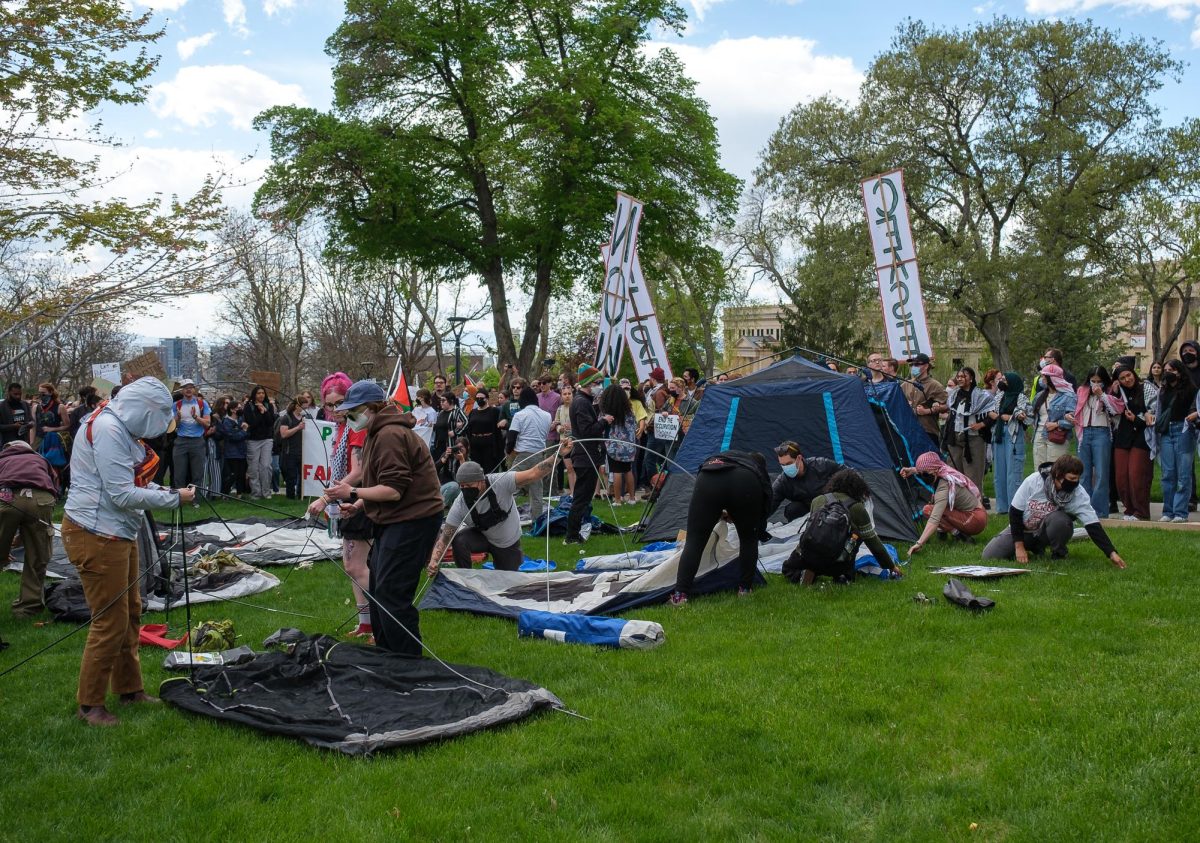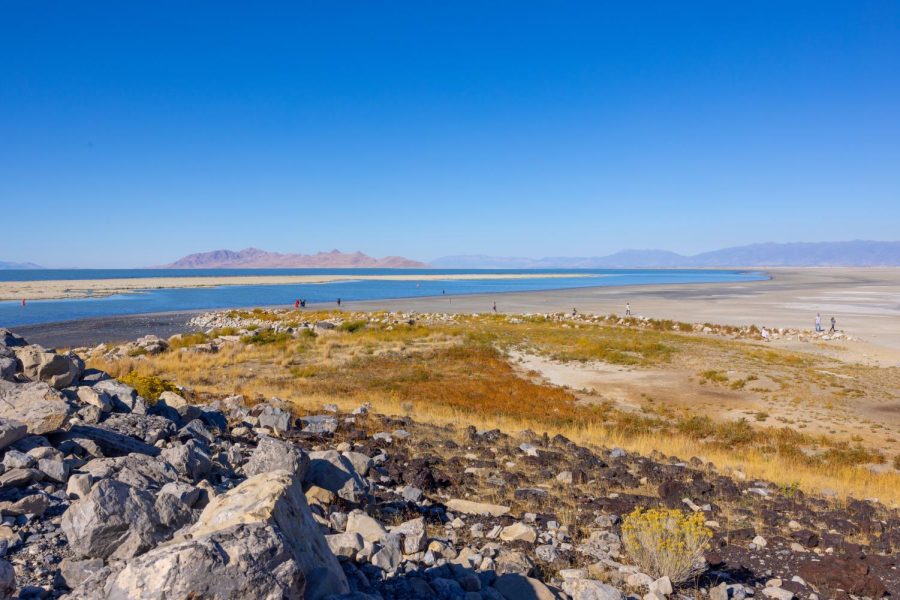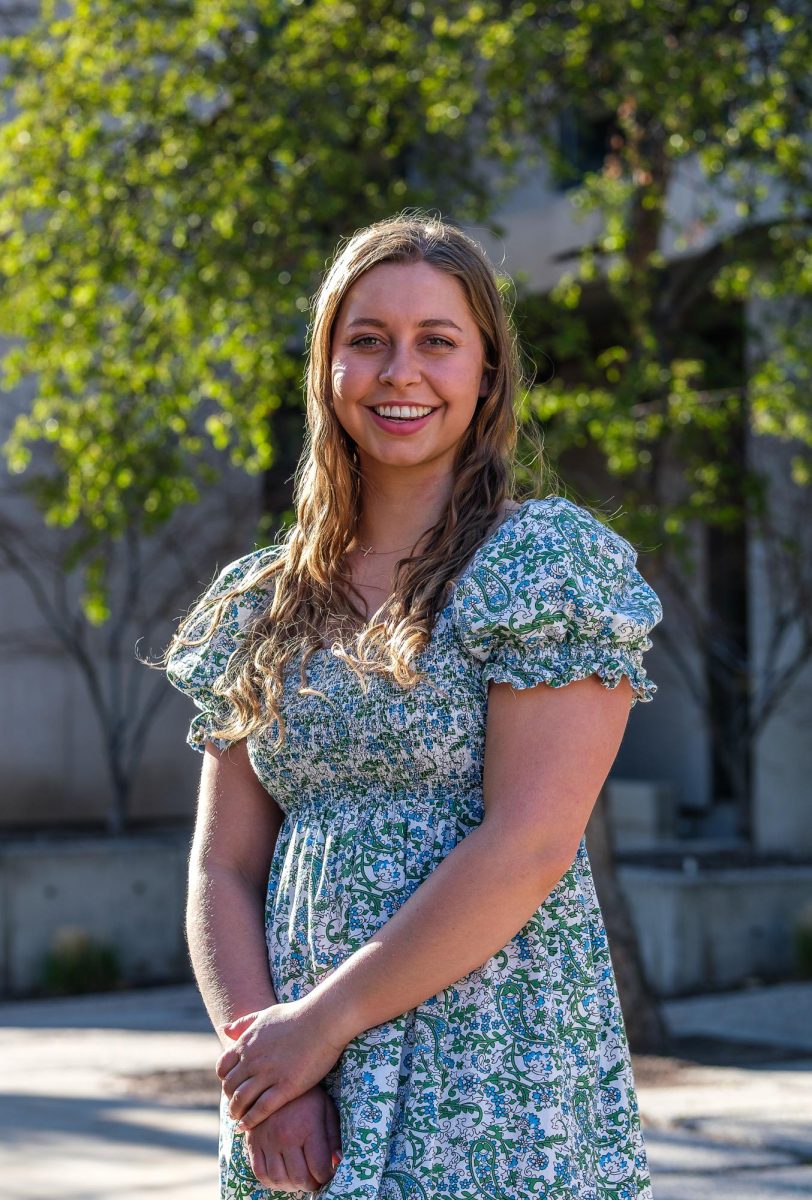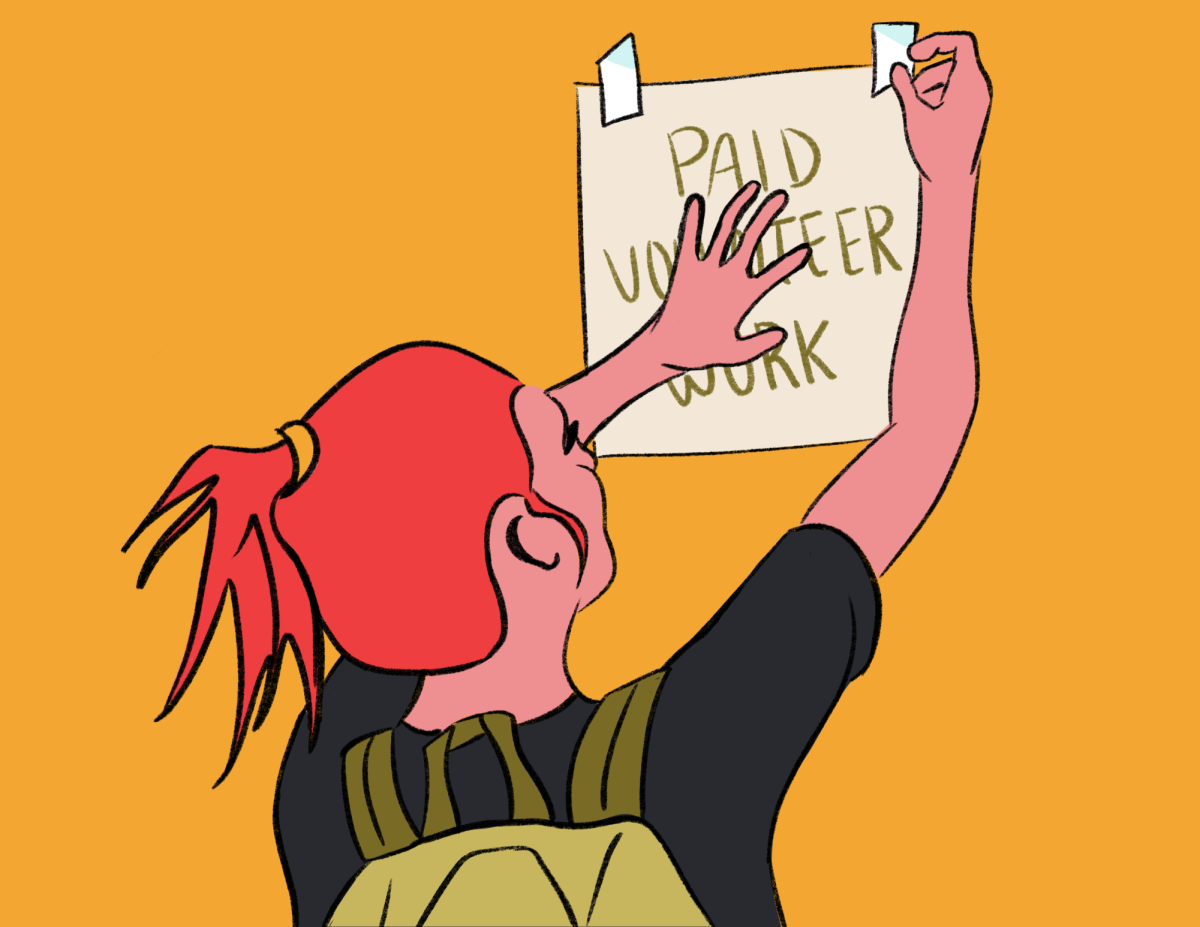On the other side of the world an ugly feud wages between ethnic Macedonians and ethnic Greeks8212;and the feud found its way to the U.
Most of the U department of language and literature’s conference on Macedonian culture, which ended Saturday, went without hiccups, but speakers’ accounts of their persecuted lives as Macedonians at the hands of Greeks stoked the flames of their old but ongoing identity crises.
Guest speaker Mary Rossova talked about how 60 years ago she was one of the tens of thousands of children the Macedonians peacefully relocated to Eastern Bloc countries to get them off the Greek Civil War’s battlefield.
But conference attendee Irene Karatzios said Macedonians tried to brainwash her after she was forcibly removed from her home.
“They are fabricating history,” said Nina Gatzoulis, supreme president of the Pan-Macedonian Association of USA, a Greek organization.
The Greeks, Macedonians and the academic conference participants launched into a heated debate about the facts of a war that helped tear a rift between the Greeks8212;who say the Macedonians kidnapped and brainwashed their children as one effort to damage Greece’s identity8212;and the Macedonians, who say the children were removed peacefully and accuse the Greeks of forcing them to give up their Macedonian language, culture and identities after the war through mass persecution.
U Police Sgt. Arb Nordgran and a uniformed security officer were on hand Friday, though they were never forced to break up any contention. Lindsay Adams, a U history professor in attendance, said he understood the law’s presence at what was merely an academic conference8212;he’s seen full-fledged riots break out in similar situations.
“Welcome to Balkan politics,” said Boban Jovanovski, as the aftermath of Friday’s conference wound down in the room behind him. Jovanovski is the co-founder and public policy director of United Macedonian Diaspora, an international nonprofit organization that looks out for Macedonians’ interests in outside countries. UMD sponsored Friday’s conference, which was organized by Jane Hacking, chairwoman of the U’s department of language and literature, to explore the lives of Greece’s Slavic northern neighbors.
Outraged Greeks from around the country e-mailed U President Michael Young, urging him to stop the conference. He refused and released a statement last month that defended any academic endeavor that attempts to make sense of the world and its tumultuous history.
At the end of the Greek Civil War in 1949, Greeks forced Macedonians to either leave Greece or adopt Greek language and surnames. Macedonians say they were discriminated against if they stayed8212;including having their native language banned, said Victor Friedman, linguistics professor at the University of Chicago.
Furthering the rift between the two groups, the Macedonians declared their independence from Greece in 1991 and formed the Republic of Macedonia. They want Greece to recognize it as constitutionally Macedonia and its people as national Macedonians, even though its population is historically Slavic, in an effort to separate themselves from a people they see as suppressors of their identity. But Greece doesn’t want another ethnic group usurping a name that belongs to Greece, which moved out of the region the Slavs now occupy and into modern-day Greece centuries ago. They see themselves as the true and historic Macedonians. The Republic of Macedonia’s government says its people deserve the Macedonia title after having lived in the region for centuries.
After decades that allowed the antagonism to spread from politics into culture and identity, the window for a quick solution closed a long time ago, Friedman said.
“Do I see an end in sight?” Jovanovski said. “Hopefully.”




